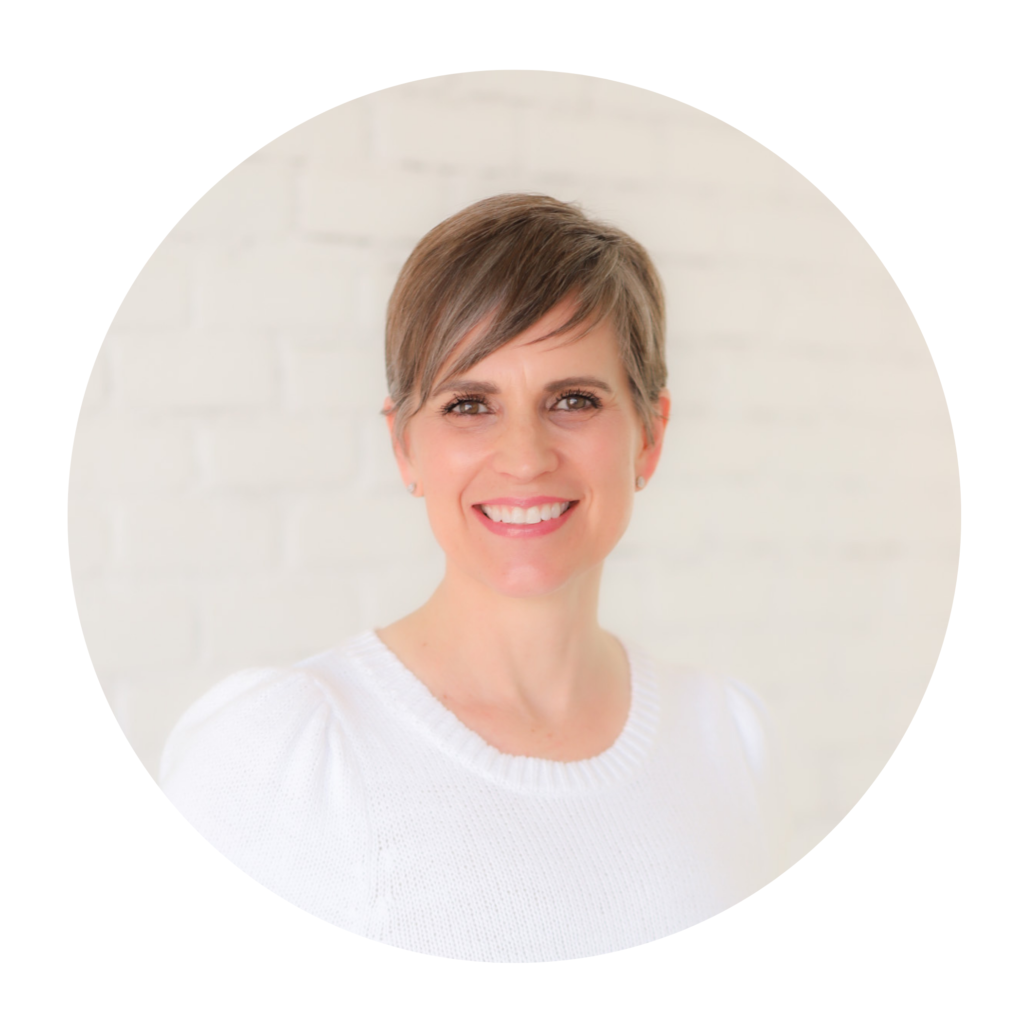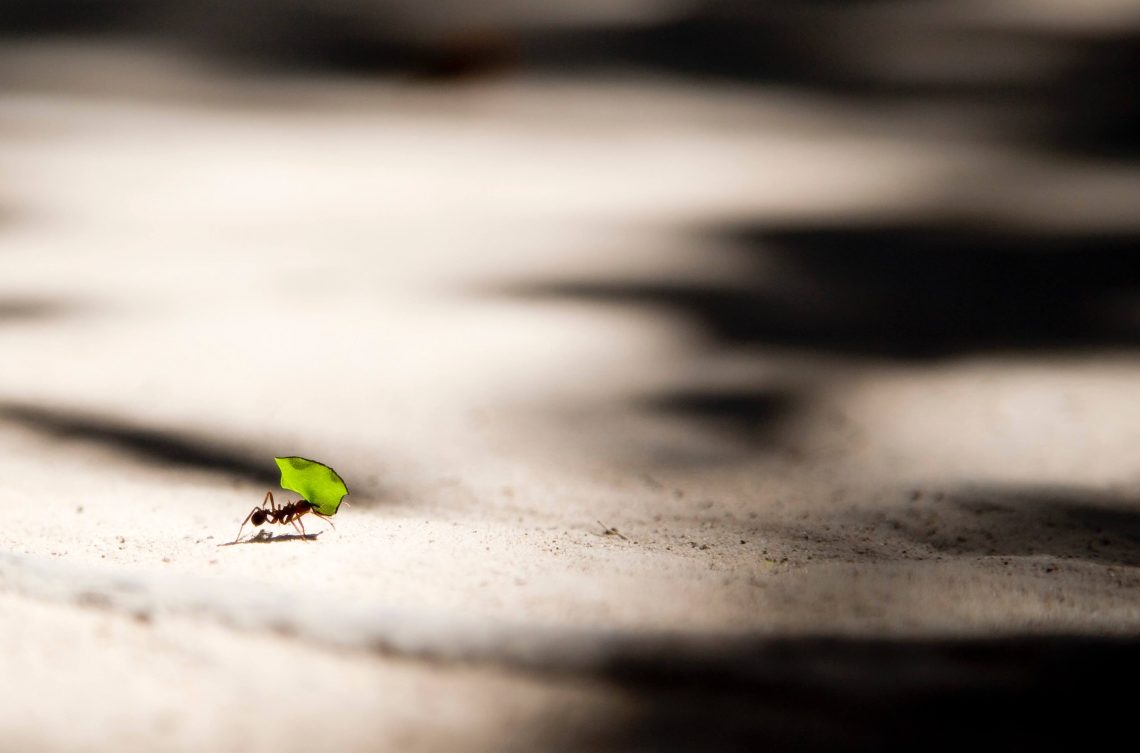Not everyone is ready to volunteer for hard. Being alive seems to provide ample opportunity without intentionally seeking for it. But looking for it, and embracing it, may be just the thing you need this year.
What is it about hard things that makes us all cringe a little?
I am going to let science explain it.
Newton’s First Law states that an object at rest stays at rest and an object in motion stays in motion. It is our natural tendency to continue doing what we’ve always done (easy) because it doesn’t require any additional energy, it’s already happening (in motion). And we don’t introduce new challenges (hard) because it requires more energy to put something in motion from rest. It’s simple physics!
All that to say that sometimes it is helpful to recognize that all your systems are working perfectly and you have science on your side. Even so, there may be some things in your life that you’d like to set in motion or put to rest, intentionally. Even, energetically.
Perhaps you have even created some goals this year to help you accomplish just that. And if not, maybe you’ll find some inspiration in the three types of hard things below.
1. Things outside your comfort zone.
You know the zone. But just in case, let me share these commonly believed hard activities: public speaking, learning a new skill or expanding an old one, traveling to new places, or meeting new people – anything that takes you outside the rut of your normal day-to-day, week-to-week activities.
“There’s no growth in the comfort zone and no comfort in the growth zone.”
Steve Clark
For most of my life I equated the feelings of discomfort and fear with a warning that I should reconsider my actions, turn around and head for home. It was a red light that screamed STOP! That faulty translation of discomfort kept me stuck for a very long time, including years in a failed marriage. So many things felt uncertain and I hadn’t yet learned how to feel afraid and do it anyway.
Did you know you can do that?
Fear doesn’t always mean stop. Fear and discomfort doesn’t always mean you are going in the wrong direction.
We usually feel fear for a reason, and it often has to do with the way we are thinking. And – just to be fair – we’re likely remembering past painful experiences, projecting what has been onto what could be. The problem is when we just sit there paralyzed.
We wait.
And we wait.
Why?
Well we’re waiting to stop feeling afraid! That seems like a reasonable response, but we will be waiting a very long time.
Waiting until the fear and feelings of inadequacy go away means we’ll never take that first step. And until we do, even though we are afraid, we will never truly be able to do hard things. Our hard things.
What is something you want to do but fear keeps you from trying?
What would it feel like to do it anyway?
2. Things beyond what is expected or required.
As a stay-at-home parent the topic of expectations is complicated. On one hand there are no expectations and on the other the expectations are suffocating. What we choose to do rests entirely on our own initiative and may vary wildly from day to day. No one else makes us do anything, and usually no one can tell the difference if we do or don’t. No one is checking in, checking up, or giving feedback on our performance. Somedays it may even seem like no one cares as long as everyone is still alive at the end of the day.
Within this lack of expectation, lies a trap: “just do your best”.
When you hear “just do your best” are you inspired to reach for more? To be your best? Or does it feel like permission to just get by?
When we say we “did our best”, did we?
I don’t know what your best is, its also none of my business. But, from personal experience I can tell you that falling into this trap leads to genuine disappointment. In the absence of clear expectations for ourselves we settle for mediocrity, and wonder why life doesn’t seem to be delivering on it’s promises. It can’t when we don’t fully show up. Setting expectations and holding yourself accountable when no one else is …now, that is hard.
It is also worth doing.
Doing nothing is easy. But if you really want to see what you’ve got, if you really want to make your human life delight you, do some hard stuff.
– Brooke Castillo
In many ways you can deliver less than 100 percent and still get away with it – at church, at work, at home, in your personal life. Here are three questions you can ask yourself to determine if you have fallen into the “just do your best” trap.
- What areas of my life do I not care about that I know I should care about?
- In what areas have I settled for just getting by when I know I could do better if I really tried?
- In what areas have I decided that things “will always be this way” without ever putting in the kind of effort that really changes things?
These questions will be difficult because no one else can answer them for you. Only you know how much better you could be if you really tried, and if you’ve never really tried, then even you might not know.
3. Things without an immediate payoff.
These are tasks like working out, washing dishes, and feeding children. They’re hard because you won’t see much progress from one day to the next and because, especially at the time, it can seem like you’d be happier if you didn’t do them!
They are often tasks that no one else sees and that don’t win you awards or praise – things like being consistent with your personal bedtime, taking your vitamins, expending energy on healthy meal plans, or driving the speed limit (even when you are late).
How do we reconcile the fact that there’s so much we want to do with the fact that we’re home matching socks in yet another load of laundry?
What are we to make of all the small, seemingly insignificant things that take up so much time and energy?
How do things like doing the dishes and reading to our kids fit into “do hard things”?
By small and simple things are great things brought to pass.
Alma 37:6
Small things often seem routine, insignificant, and pointless. The truth is that huge gifts are often hiding in those small packages.
Doing small hard things is how we build strength and endurance in our bodies, our minds, and our faith. They are the individual repetitions – like a single push up. They are seemingly insignificant by themselves but over time guarantee results.
And while you may not know today what you will need that strength for, when that day comes you will have it. It will be yours. You will have earned it. You will be ready. And those BIG hard things you have been dreaming of, won’t seem so big anymore.
Sometimes the smallest things can be the hardest things.
Will you join me this year in doing something outside of your comfort zone, beyond what is expected or without immediate payoff?
Something that you choose on purpose.
Photo by Vlad Tchompalov on Unsplash



